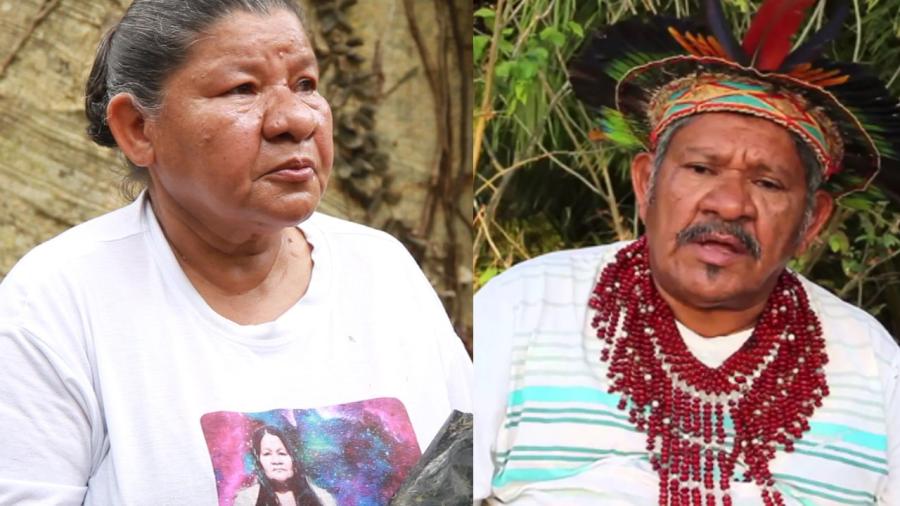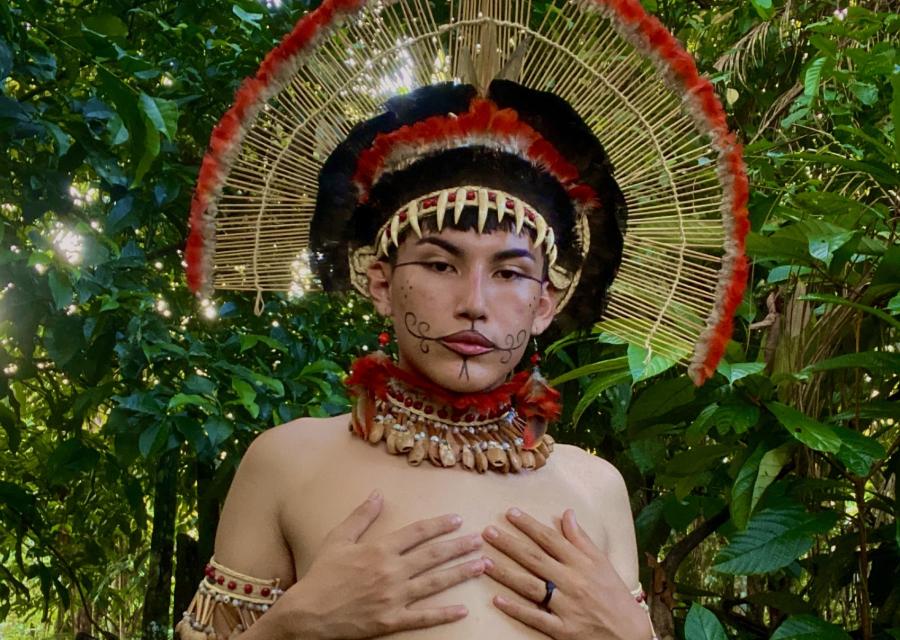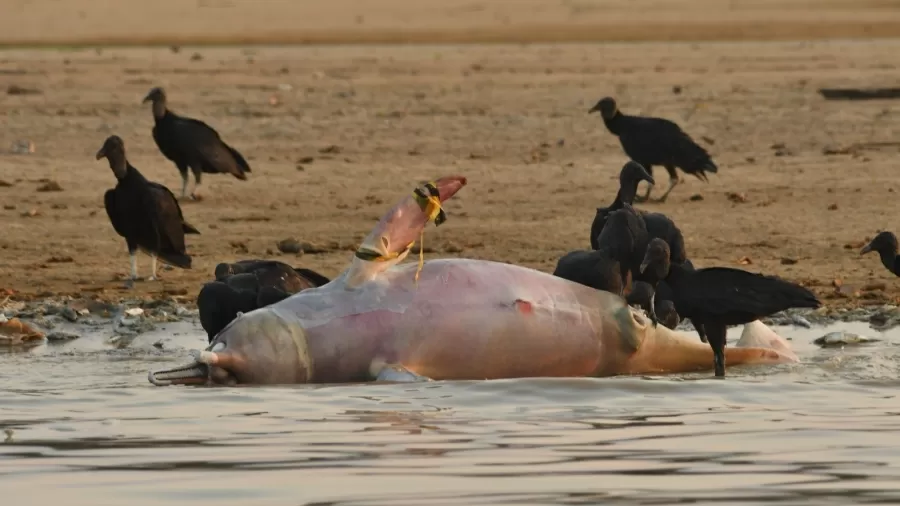For two years CS Quarterly has identified global themes important for an understanding of the current situation of tribal groups and ethnic minorities and has brought the urgent situations confronting specific groups to the attention of our readers. While our approach has been well received, many points of view are excluded from the thematic section of the Quarterly and many urgent stories go unreported. The examples that follow illustrate the need to expand our coverage and investigative capacity.
Recently, official, commissioned reports evaluating the success of Brazil's Polonoroeste project in assisting Indians in Rondonia and Mato Grosso were made public. While some problems CS raised about the project in 1980 and 1981 have been resolved, many have persisted and new ones have arisen. Illegal squatters have been removed from the land of the Surui, but they have invaded the lands of the Gaviao, Arara and Cinta Larga. In November 1983, FUNAI - the government agency charged with assisting Indians - estimated that 350 settlers were illegally living on one reserve; yet the same agency had no idea how many Indians lived on that reserve. The lands of the Zoro and the Nambiquara are not demarcated, even though in the Nambiquara case the money budgeted for that task has been spent. In the meantime, a government-sponsored hydroelectric dam is being constructed on Indian lands, local towns are attempting to build roads through Indian areas, and miners are continuing to work claims well within Indian reserves. One can glean much useful information from official reports, but only independent assessments can give a more complete understanding of the situation of the various Indian groups in the area.
In Ecuador, a Shuar Indian - a draftee into the army - was arrested five years ago and charged with turning over military secrets to Peruvian army officers. The unacceptable trial delay was undoubtedly caused by the brief border war in 1981 between Ecuador and Peru. The loyalty of the Shuar/Jivaroans living on either side of the border is suspect by both governments. The imprisonment of this individual, without trial, exemplifies the unfortunate standing of many members of tribal groups and ethnic minorities throughout the world who for one reason or another are jailed and then forgotten. Equally important, however, is the fact that the trial of this Shuar is seen by many as a test of the loyalty of the entire ethnic group. International attention on this case will help to insure a fair trial that is restricted to the activities of this individual rather than the loyalty of the group. But, how many other similar cases are there around the world?
Three stories have recently surfaced from Kenya; each in its own way raises serious questions about that government's policies.
* In late 1983, Kenya and Tanzania exchanged refugees. Apparently each country wanted the refugees back so that they could be jailed. The exchange was in clear violation of international agreements to which both countries are signatories.
* In February, the Ugandan founder of the Nairobi-based Movement for Human Rights in Africa was sentenced to two and a half years in jail. Authorities warned him that they would not tolerate hostile activities against neighboring states from Kenyan soil. No similar organization exists in all of Africa.
* In February, Kenyan security forces were accused of killing some 300 ethnic Somali - another 1,000 were reported missing. The Degodia tribe lives in northeastern Kenya along the border with Somalia. The Kenyan government, as a result of a longstanding dispute with Somalia over the border, appears intent on making the national border an ethnic border as well by forcing 140,000 ethnic Somali to leave Kenya.
Each of these reports should be investigated. Not only are the cases important in and of themselves, but they represent precedents that should not go unchallenged.
In 1963, West Papua was forcibly annexed by Indonesia, renamed Irian Jaya and, of course, not allowed the right to self-determination. Indonesian is now the official language and Islam the official religion. In the last 15 years, as many as 100,000 Papuans are estimated to have died under Indonesia's pacification program, many of them innocent villagers killed in aerial bombardments and mass executions by the US-armed Indonesian army. Thousands of Indonesians have settled in West Papua and are now displacing indigenous groups, forcing them to compete for less desirable land. Some Papuans, seeking refuge in neighboring Papua New Guinea, were expelled to avoid reprisals by the Indonesians. What rights do the colonized peoples of Indonesia have? What responsibility does the international community have to these peoples? Only a better understanding of what is happening and the relationship of the US government to it will allow us to work more effectively on behalf of these groups.
Western human rights groups report many of the same, deserving stories. In part this results from the effective organization of a particular people, in part it results from the efforts of advocates abroad. It is quite likely, however, that some of the most persecuted or discriminated-against groups in the world suffer in silence. We cannot allow this to continue.
During the next year, one of Cultural Survival's priorities will be to expand our contacts in the Third World. The results will be twofold: 1) we will increase our coverage of crisis situations, and 2) more articles will be written either by members of tribal groups or ethnic minorities, or in some cases individuals who share Cultural Survival's goals. In this way the CSQ will juxtapose pieces written by members of tribal societies with those written by outsiders. From these different perspectives, a more complete presentation and analysis of the problems confronting such groups will emerge.
Article copyright Cultural Survival, Inc.



